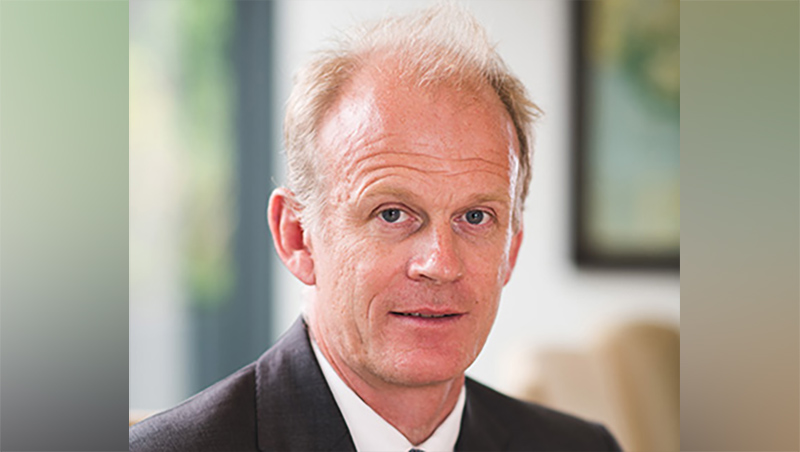Liontrust’s acquisition of Majedie Asset Management has sparked questions about the future of its UK franchise, with “obvious overlap” between its trio of equity funds and Anthony Cross and Julian Fosh’s £10bn range.
On Tuesday, Majedie became the latest takeover target of the FTSE 250 firm, which scooped it up for £120m. The deal sees Liontrust absorb £5.8bn worth of assets from Majedie, taking its own AUMA to £42.3bn.
Majedie’s fund management team, led by James de Uphaugh (pictured), will transfer to Liontrust when the acquisition completes in April 2022, at which point it will be renamed the Liontrust Global Fundamental team. Its UK, US, global and international equity funds will be rebranded under the Liontrust moniker, however there will be no changes to the team’s “high conviction” investment process.
Edinburgh Investment Trust win shows Majedie’s institutional credibility
Liontrust CEO John Ions said acquiring Majedie gives Liontrust a firmer toehold in the institutional space where it has been gradually growing its client base.
“We have been very impressed by the Majedie investment team,” Ions said. “They are an experienced team with a robust investment process that is reflected in their excellent long-term performance. This is demonstrated by the quality of Majedie’s institutional mandates and the fact they were appointed by The Edinburgh Investment Trust in 2020.
“Given the growing demand from institutional investors for global equity managers, we believe we can expand this client base further for the Majedie investment team, as well as take advantage of Majedie’s institutional expertise.”
Majedie CEO Rob Harris will join Liontrust as head of global institutional business.
See also: James de Uphaugh makes his mark as Edinburgh trust outperforms since Mark Barnett departure
Majedie was losing assets during Covid
Liontrust has been highly acquisitive in recent years, snapping up Neptune and Architas’ UK business. But its purchase of Majedie comes as a “surprise,” said AJ Bell head of active portfolios Ryan Hughes, as it was not regularly touted as a takeover target due to its owner managed structure and strong independence.
However, the boutique manager has struggled to remain profitable and hold onto assets during the coronavirus pandemic. In 2020, its pre-tax profits more than halved to £16.3m as AUM tumbled from £10.8bn to £8.1bn. Over the summer it lost a pair of UK equity mandates from St James’s Place.
“The ability to tap into Liontrust’s wider resource and hopefully grow the assets was clearly a strong pull,” Hughes said, while Majedie’s footprint in the institutional market would have been a “key attraction” for Liontrust, which has historically been a retail brand.
‘Obvious overlap’ in UK equities
However, Quilter Cheviot head of research Nick Wood said the deal raises questions about potential clashes between Liontrust and Majedie’s fund ranges.
Wood said there is an “obvious overlap” in UK equities, where Liontrust already has Julian Fosh and Anthony Cross’ “very well-known” UK range. The pair manage four funds across the cap spectrum, the largest being the £6.2bn Liontrust Special Situations fund, which is in the top quartile of the IA UK All Companies sector over one and five years.
Majedie meanwhile has three UK focused vehicles – the £949.9m UK Equity fund, managed by de Uphaugh and Chris Field, and the £522m UK Focus and £70.8m UK Income funds.
Majedie’s US and global equity funds might also clash with Liontrust’s own funds in these areas, many of which were inherited from Neptune.
Hughes said there was always likely to be a chance of some consolidation because Liontrust has 19 sub £100m funds following its previous acquisitions.
“For investors in Majedie funds, this deal doesn’t look like it needs to give any immediate cause for concern as all of the fund managers are moving across and continue to manage the same funds,” he said. “Whether that remains the case further down the line remains to be seen, but for now, continuity is the order of the day.”







